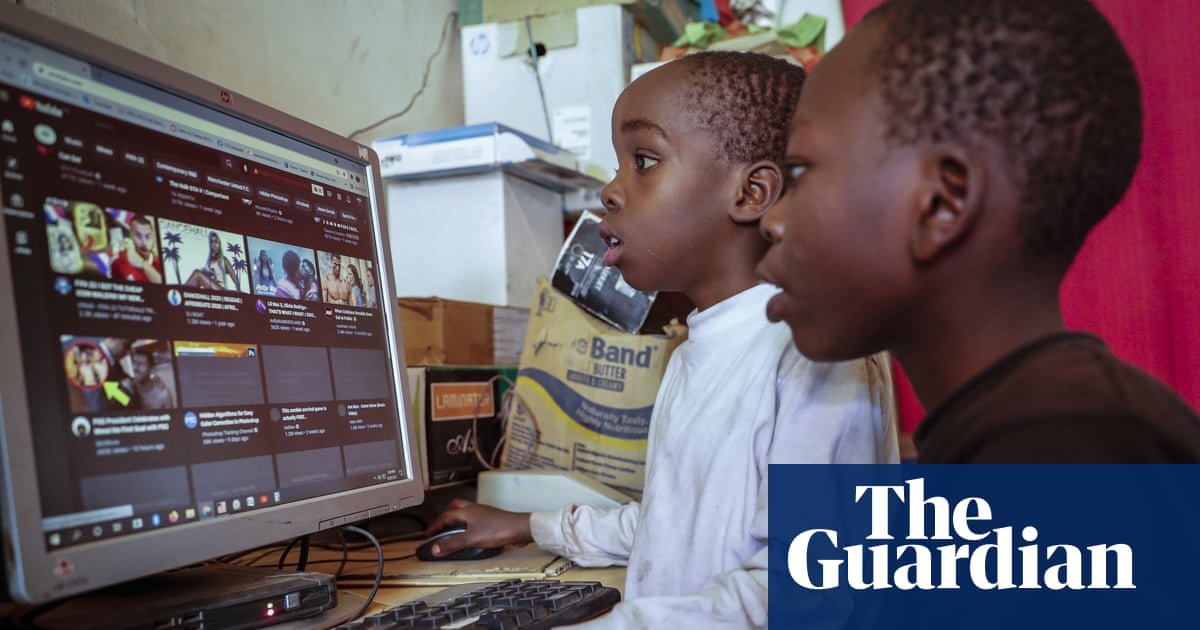More than a third of world’s population have never used internet, says UN – The Guardian
Nearly 3bn people, or 37% of global population, have never been online despite rise in use during pandemic
Last modified on Tue 30 Nov 2021 18.27 GMT
Nearly 3 billion people – or 37% of the world’s population – have never used the internet, according to the United Nations, despite the Covid-19 pandemic driving people online.
The UN’s International Telecommunication Union (ITU) estimated that 96% of the 2.9 billion people who have not accessed the web live in developing countries.
The agency said the estimated number of people who have gone online rose from 4.1 billion in 2019 to 4.9 billion this year, partially due to a “Covid connectivity boost”. But even among those internet users, many hundreds of millions might only go online infrequently, using shared devices or facing connection speeds that hamper their internet use.
“ITU will work to make sure the building blocks are in place to connect the remaining 2.9 billion. We are determined to ensure no one will be left behind,” said the ITU secretary general, Houlin Zhao.
The number of users globally grew by more than 10% in the first year of the Covid crisis – by far the largest annual increase in a decade. The ITU cited measures such as lockdowns, school closures and the need to access services such remote banking as having an influence.
But the growth has been uneven. Internet access is often unaffordable in poorer nations – almost three-quarters of people have never been online in the 46 least-developed countries.
Younger people, men and urban dwellers are more likely to use the internet than older adults, women and those in rural areas, with the gender gap more pronounced in developing nations.
Poverty, illiteracy, limited electricity access and a lack of digital skills continued to challenge the “digitally excluded”, the ITU added.



